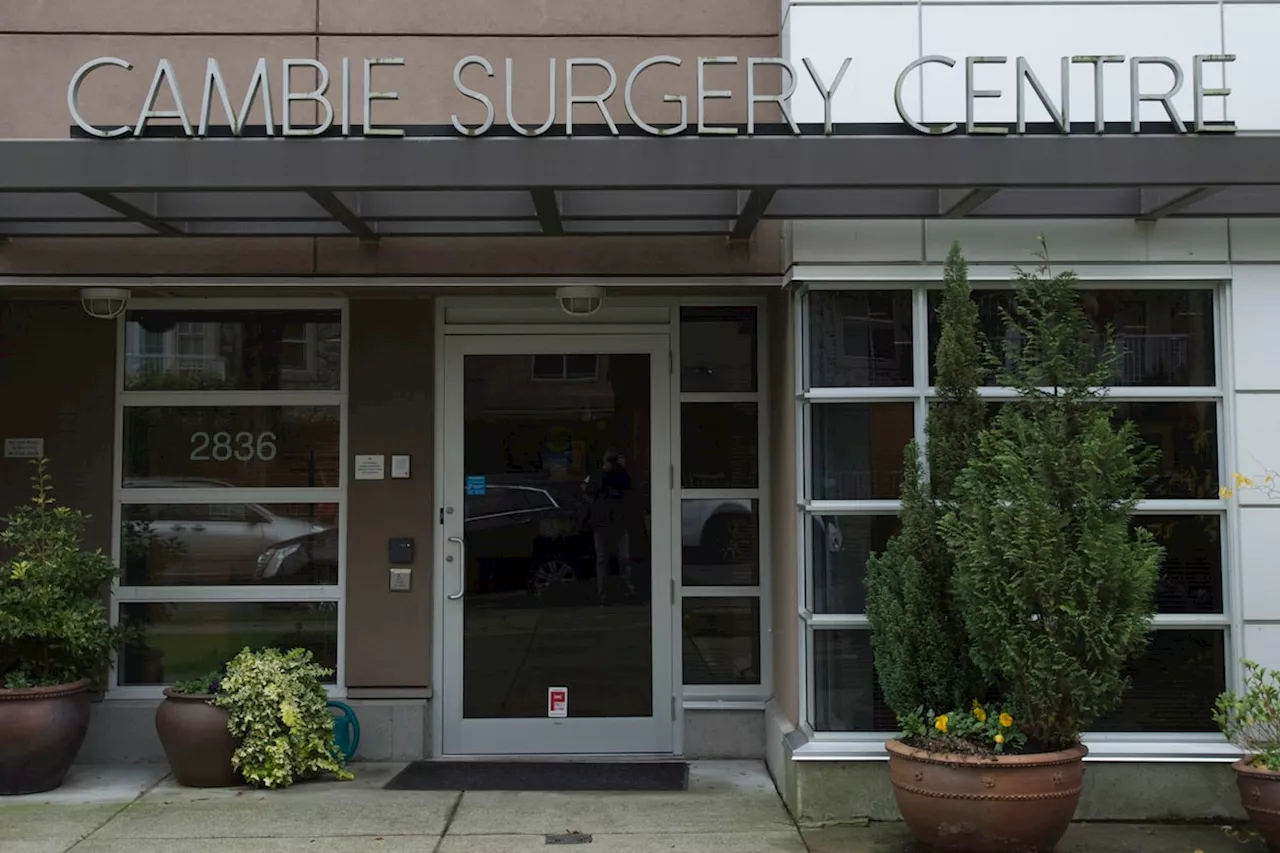Cambie Surgeries Corp., a private medical clinic, has been ordered to pay the B.C. government's legal costs after its unsuccessful constitutional challenge of Canada's public healthcare system. The clinic's lawsuit, launched in 2009, argued that B.C.'s Medicare Protection Act unconstitutionally prevented people from accessing private healthcare when the public system was unable to provide it. The case was rejected by the B.C. Supreme Court, the B.C. Court of Appeal, and the Supreme Court of Canada. The B.C. Supreme Court Justice Jennifer Lynn Whately ruled that Cambie Surgeries should pay the Attorney General of British Columbia's trial costs, citing the case's length and complexity.
A private medical clinic that launched an unsuccessful constitutional challenge of Canada’s public health care system must pay the B.C. government’s legal costs , after what a judge calls a “gruelling marathon” of a case.
B.C. Supreme Court Justice Jennifer Lynn Whately ruled Monday that Cambie Surgeries should pay the Attorney General of British Columbia’s trial costs, calling the long-running litigation “prodigiously lengthy and complex.” The court ruling says the government argued that Cambie Surgeries was a “well-resourced” party that had a financial stake in the outcome of the case, rather than a public-interest litigant going to bat for patients let down by the public health care system.
Whately found that the case “involved matters of great importance to all British Columbians, not only in a legal sense, but in terms of the practical, day-to-day impact on access to health care, the funding of health care services, and the principles that uphold our public health care system.”
PUBLIC HEALTHCARE CONSTITUTIONAL CHALLENGE LEGAL COSTS CAMBIE SURGERIES BC GOVERNMENT
Canada Latest News, Canada Headlines
Similar News:You can also read news stories similar to this one that we have collected from other news sources.
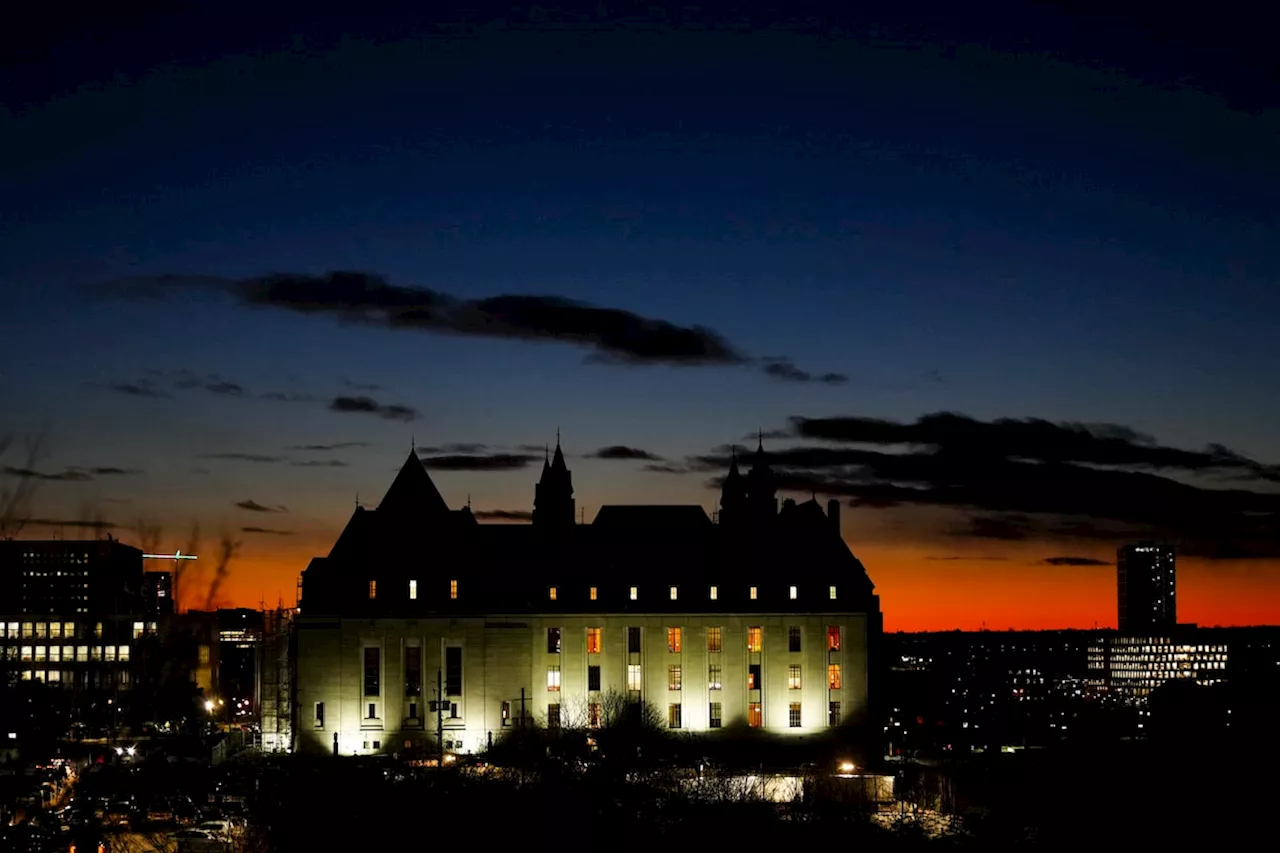 Canada's Supreme Court Strikes Down Mandatory Minimum Sentences with Hypothetical OffendersThe Canadian Supreme Court frequently overturns mandatory minimum sentences, using a 'reasonable hypothetical' offender to determine fairness. This approach allows judges to consider offenders who don't exist, leading to the dismissal of even minimum sentences for serious crimes like sex offenses against minors.
Canada's Supreme Court Strikes Down Mandatory Minimum Sentences with Hypothetical OffendersThe Canadian Supreme Court frequently overturns mandatory minimum sentences, using a 'reasonable hypothetical' offender to determine fairness. This approach allows judges to consider offenders who don't exist, leading to the dismissal of even minimum sentences for serious crimes like sex offenses against minors.
Read more »
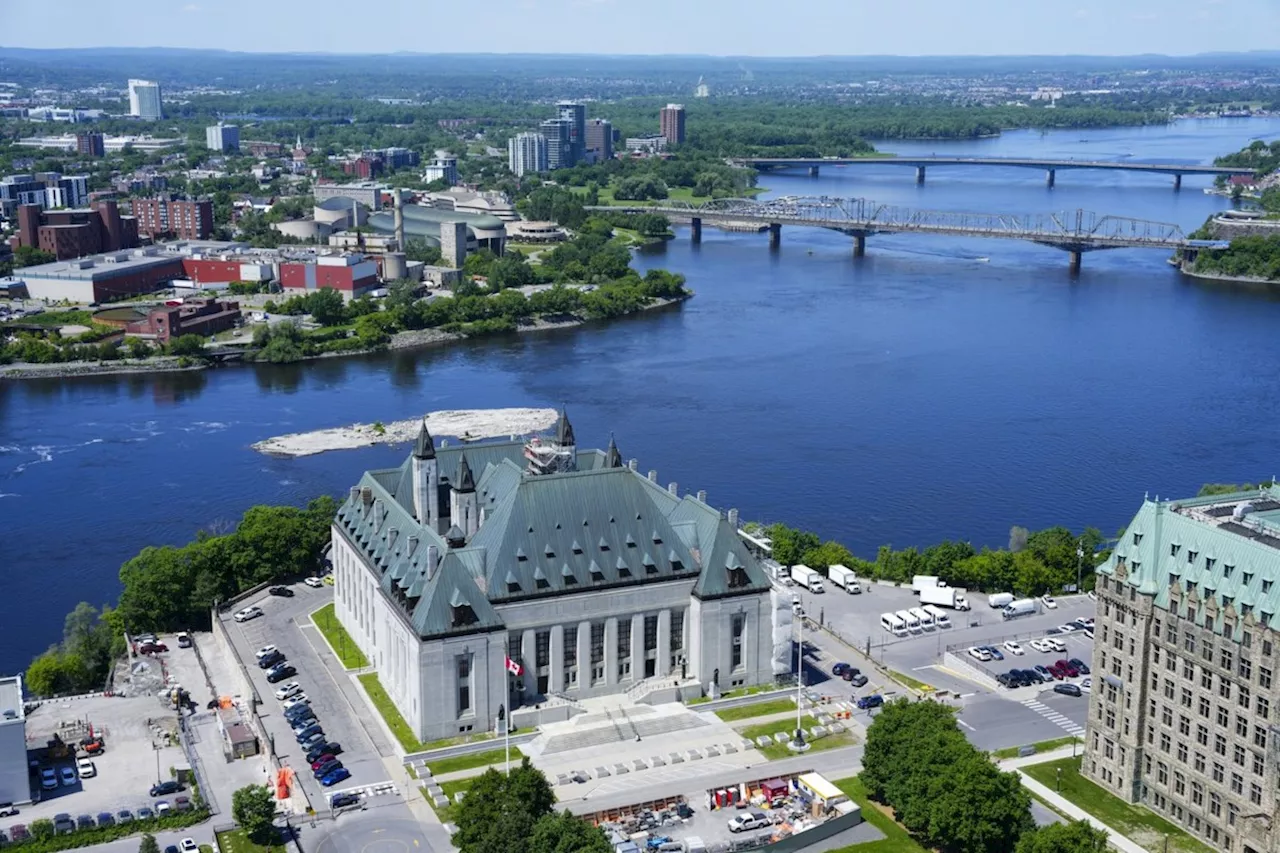 Supreme Court to Weigh Fate of Canada's Good Samaritan Law in Overdose CaseThe Supreme Court of Canada will hear arguments in a case that could determine the future of Canada's Good Samaritan law, which protects individuals who call for help during drug overdoses. The case involves Paul Wilson, who was arrested for drug possession after calling 911 for a woman experiencing a fentanyl overdose in 2020.
Supreme Court to Weigh Fate of Canada's Good Samaritan Law in Overdose CaseThe Supreme Court of Canada will hear arguments in a case that could determine the future of Canada's Good Samaritan law, which protects individuals who call for help during drug overdoses. The case involves Paul Wilson, who was arrested for drug possession after calling 911 for a woman experiencing a fentanyl overdose in 2020.
Read more »
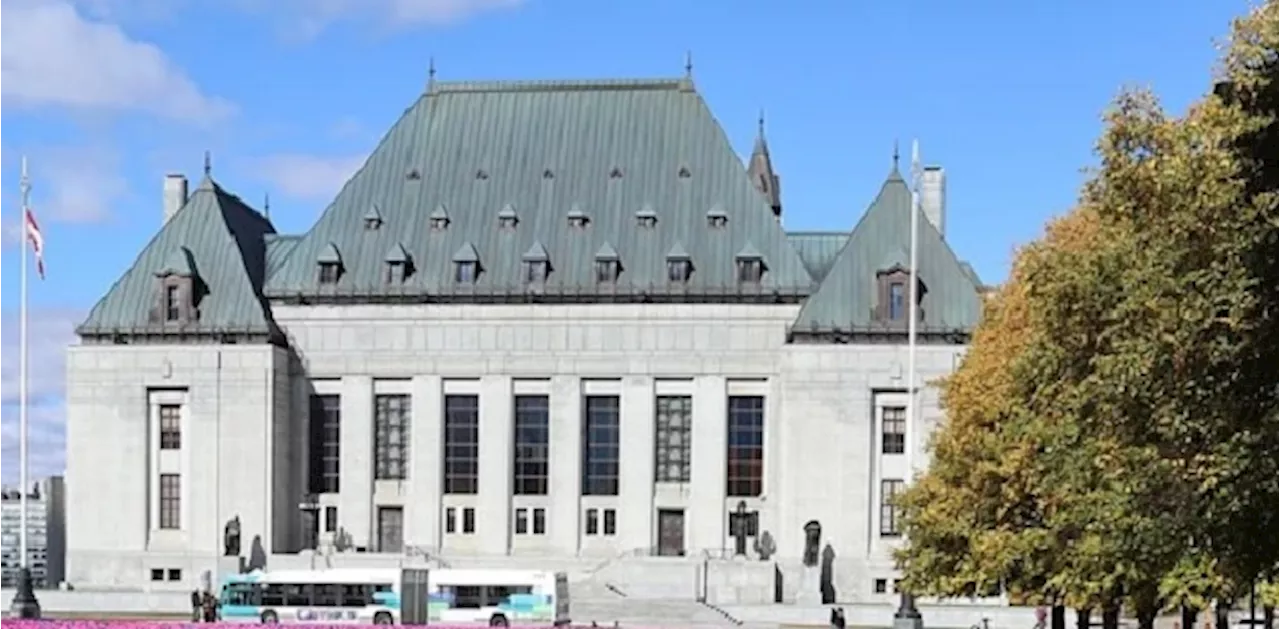 Supreme Court Case Tests Canada's Good Samaritan Law for Overdose CallsA case before the Supreme Court of Canada will examine the limits of police power to arrest individuals at overdose scenes and the clarity of the Good Samaritan Drug Overdose Act. The case stems from the arrest of Paul Wilson in Saskatchewan after he called 911 for help during a fentanyl overdose. Harm reduction advocates argue that the court's decision will set a precedent for the safety of bystanders who seek help during overdoses across the country.
Supreme Court Case Tests Canada's Good Samaritan Law for Overdose CallsA case before the Supreme Court of Canada will examine the limits of police power to arrest individuals at overdose scenes and the clarity of the Good Samaritan Drug Overdose Act. The case stems from the arrest of Paul Wilson in Saskatchewan after he called 911 for help during a fentanyl overdose. Harm reduction advocates argue that the court's decision will set a precedent for the safety of bystanders who seek help during overdoses across the country.
Read more »
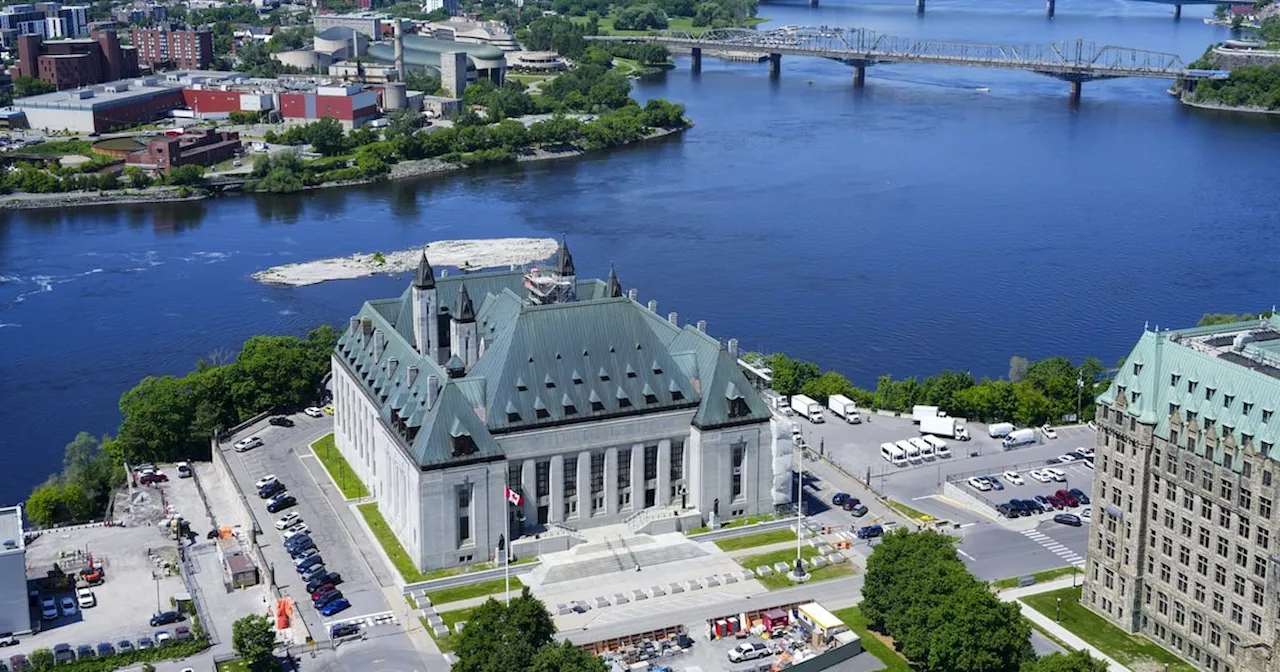 Supreme Court to Decide Fate of Canada's Good Samaritan Drug Overdose LawThe Supreme Court of Canada will hear arguments on whether police can legally arrest people for simple drug possession at the scene of a drug overdose, a case with national implications for harm reduction efforts. The case revolves around Paul Wilson's arrest in 2020 after calling 911 for a woman experiencing a fentanyl overdose.
Supreme Court to Decide Fate of Canada's Good Samaritan Drug Overdose LawThe Supreme Court of Canada will hear arguments on whether police can legally arrest people for simple drug possession at the scene of a drug overdose, a case with national implications for harm reduction efforts. The case revolves around Paul Wilson's arrest in 2020 after calling 911 for a woman experiencing a fentanyl overdose.
Read more »
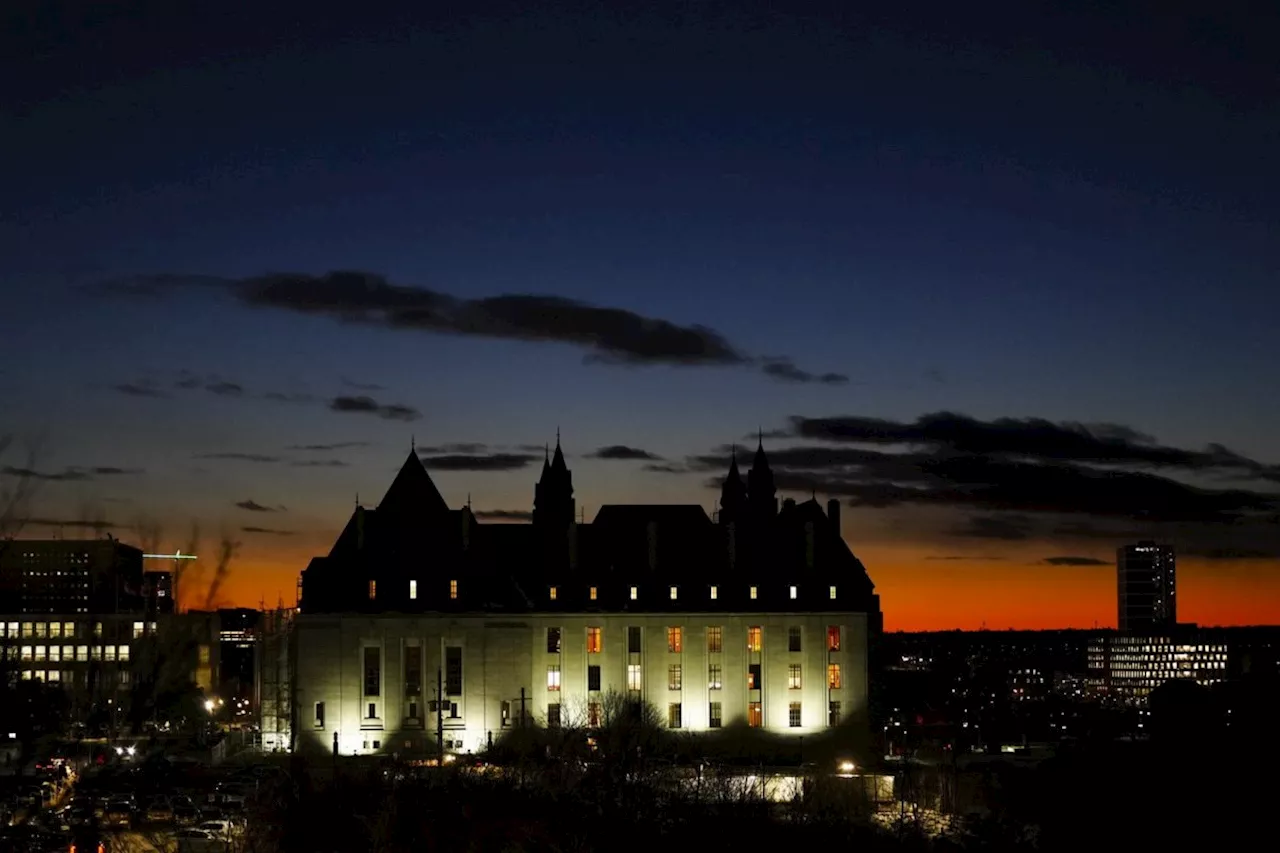 Canada's Supreme Court Denies Indigenous Group's Appeal in Montreal Grave SearchThe Supreme Court of Canada has refused to hear an appeal from Indigenous elders seeking greater oversight of a university construction site in Montreal where they suspect unmarked graves of children are located. The Mohawk Mothers group alleges bodies of Indigenous child patients are buried on the grounds of the former Royal Victoria Hospital, claiming their claims stem from interviews with survivors of mind-control experiments conducted at a psychiatric clinic affiliated with the hospital. McGill University, renovating the site, maintains no unmarked graves have been found.
Canada's Supreme Court Denies Indigenous Group's Appeal in Montreal Grave SearchThe Supreme Court of Canada has refused to hear an appeal from Indigenous elders seeking greater oversight of a university construction site in Montreal where they suspect unmarked graves of children are located. The Mohawk Mothers group alleges bodies of Indigenous child patients are buried on the grounds of the former Royal Victoria Hospital, claiming their claims stem from interviews with survivors of mind-control experiments conducted at a psychiatric clinic affiliated with the hospital. McGill University, renovating the site, maintains no unmarked graves have been found.
Read more »
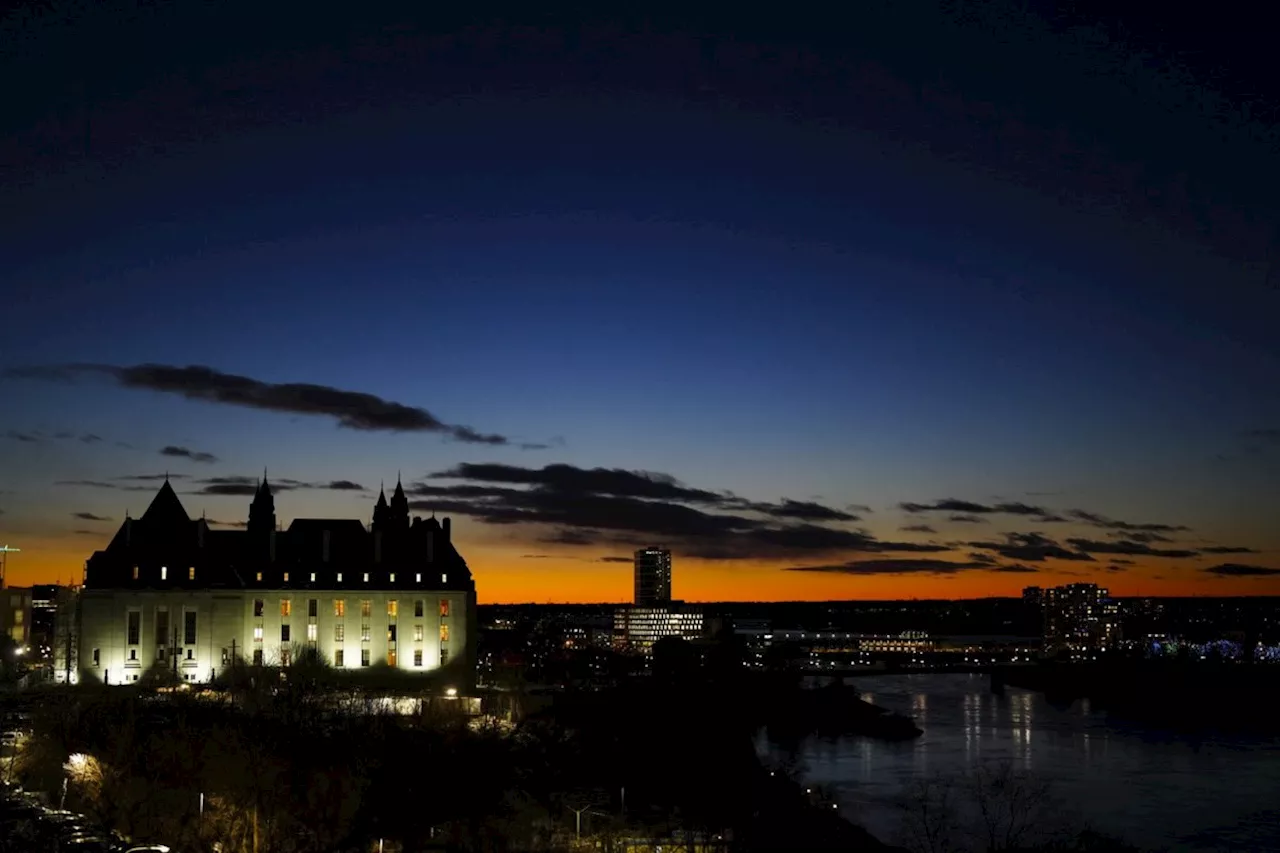 Supreme Court of Canada to Decide on Bill 21 AppealThe Supreme Court of Canada is set to announce next week if it will hear a challenge against Quebec's controversial secularism law, Bill 21. The law, which prohibits some public sector workers from wearing religious symbols on the job, has been upheld by the Quebec Court of Appeal. Multiple groups, including the National Council for Canadian Muslims and the Canadian Civil Liberties Association, are seeking leave to appeal the decision to the Supreme Court. The Quebec government maintains that the law is reasonable and intends to defend it vigorously against all challenges.
Supreme Court of Canada to Decide on Bill 21 AppealThe Supreme Court of Canada is set to announce next week if it will hear a challenge against Quebec's controversial secularism law, Bill 21. The law, which prohibits some public sector workers from wearing religious symbols on the job, has been upheld by the Quebec Court of Appeal. Multiple groups, including the National Council for Canadian Muslims and the Canadian Civil Liberties Association, are seeking leave to appeal the decision to the Supreme Court. The Quebec government maintains that the law is reasonable and intends to defend it vigorously against all challenges.
Read more »
